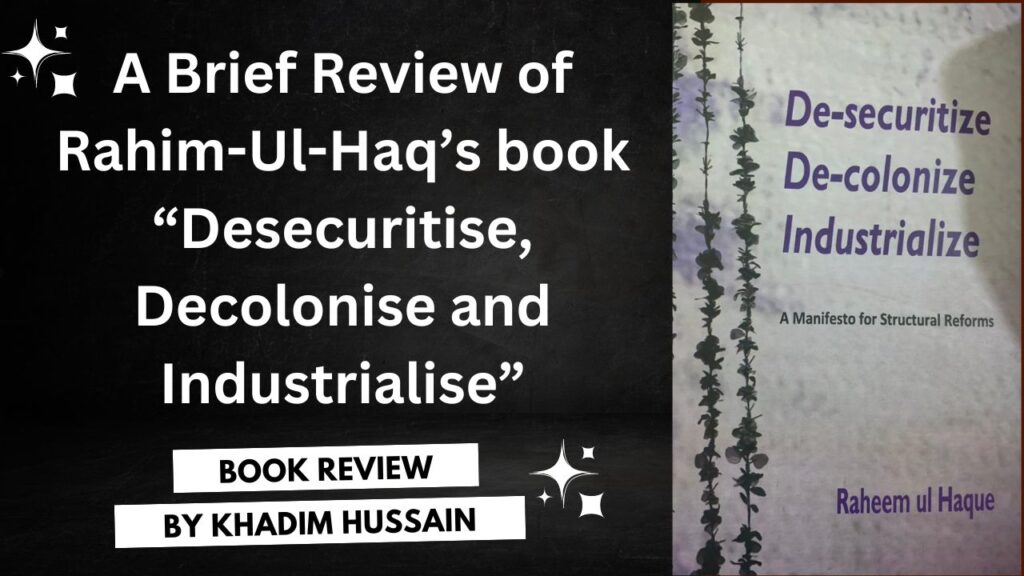Raheem ul Haque’s book entitled “De-Securitise, De-Colonise and Industrialise” published in 2024 is a substantially enlightening work as all the ingredients of theory, policy and implementation are articulated. I highly appreciate the hard work he has put in and the genuine interest he has taken in the formulation of a progressive socio-political, socio-economic and socio-cultural paradigm for a developed Pakistan in times of populism in politics and society. I took special interest in the sections titled “desecuritis” and “Industrialise” as they provide insightful guidelines for a productive people-centric economy. The adoption of a productive people’s centred economy based on creativity, innovation, critical thinking, knowledge economy and human security with democratic planning by the state instead of neo-liberal economic model that encourages only market forces to maximise profits without any other concern and that turns everything into wealth irrespective of human needs is certainly a way forward. I was also impressed by Raheem’s diligent collection of data on the hegemonic securitisation of the state of Pakistan.
While agreeing to most of the ideas and policy recommendations put forward in the book, the hypothesis for and use of the term “nation building” is problematic. This is the term and narrative coined by the very security state to deny the substantial and natural ethno-national identities of diverse nations that constitute the state of Pakistan. Instead of using the state’s term of “nation building”, one can use the term “state building”. Why should the state initiate a “nation building project” when natural nations already exist in the state of Pakistan? Why not accommodate the natural nations in the state structure of Pakistan to morph Pakistan into a genuine federal parliamentary democracy?
The very notion of “state nationalism” is diametrically opposed to the genuine struggle for the recognition of substantial nations and the redistribution of resources in Pakistan. Referring to state building as “nationalism” also confuses progressive nationalist struggle of the oppressed nations in Pakistan.
This is not to say that state identity enshrined in the constitution and articles of citizenship is to be forsaken. What we propose is that state identity is constituted by ethno-national identifies, cultural identities, lingual identities, religious identities and class and gender identities. All these identities are to be acknowledged and given equitable representation in the state structure for recognition and redistribution of resources. State identity must be inclusive not exclusive. Assimilation and deculturation of indigenous ethno-national identities through colonial tactics of using religion, extremism, neo-liberalism, neo-tribalism and sectarianism in state narrative and applying all kinetic and discursive resources of the state perpetuates colonialism and strengthens securitisation. This is a kind of state imperialism facilitated by international neo-liberal imperialism which suppresses people’s right to govern themselves and national right to resources. When all ethno-national identities are recognised and given autonomy like Australia, Switzerland, Canada, India, Federal Republic of Germany and South Africa etc, the ethno-national identities living in the federating units own state identity and the the state becomes a normal federal democratic republic. Only then can a state attain political stability and can take the route to shared and sustainable economic development.
The fundamental principle ought to be: people’s right to govern themselves and the right to their resources. People here include classes, gender, urban and rural populations, nations, ethnic cultures, languages and different faith denominations. The narrative of “national building” instead coerces ethno-national identities into homogenisation, assimilation and thus de-culturation through centralisation, religious extremism, economy of war and cooption by the elite. These tactics for homogenisation and assimilation are common among all kinds of colonisation and imperialism. Instead, structural flaws in the state structure must be addressed to allow diverse nations to grow and develop. Only this can be called as a genuine federal parliamentary democracy.
However, starting from the formation of One Unit, through military operations in Balochistan and Bengal till the imposition of wars, religious militancy, terrorism and oppressive tactics in Pakhtunkhwa and Gilgit Baltistan, the state has instrumentalised all tactics of soft and hard power to suppress secular progressive nationalist forces on the pretext of the same “nation building” project.
Having said that, Raheem deserves commendation for bringing out a much needed work for structural transformation in Pakistan. I appreciate Sanjh Publications, Lahore for publishing and distribution of the book.

